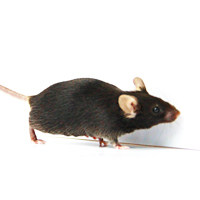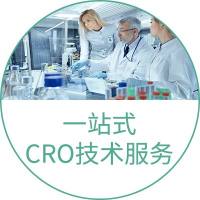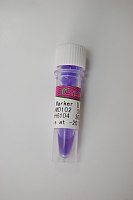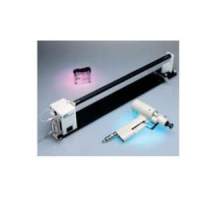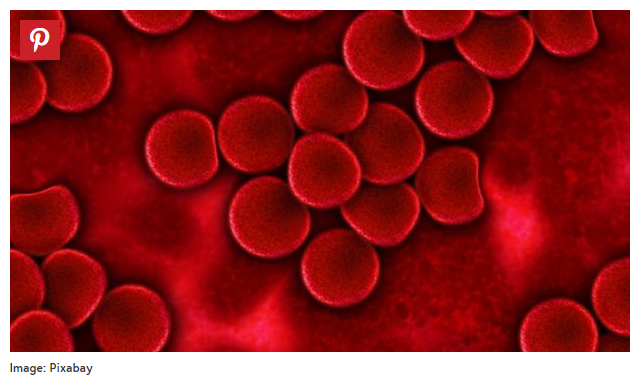新技术:利用基因枪传送DNA拯救免疫系统
互联网
- 相关专题

胸腺内单分子 标记阳性T细胞发育图,图片来自维基共享资源。
根据2012年2月26日发表在《自然-医学》期刊上的一篇研究论文,来自美国罗耀拉大学的研究人员报道了一种大有希望的新技术:它能潜在地将免疫 系统杀伤性T细胞(killer T cell)变成更加强有力的对抗感染和可能对抗癌症的武器。
这种技术涉及传送DNA到免疫系统的抗原呈递细胞(antigen-presenting cell)。DNA指导这些细胞过度表达一种特异性的蛋白,而该蛋白激活一些在免疫系统中发挥重要作用的杀伤性T细胞。该研究论文通信作者和罗耀拉大学芝加哥-斯特里奇医学院肿瘤研究所 (Oncology Institute of Loyola University Chicago Stritch School of Medicine)副教授José A. Guevara-Patino博士说,这些杀伤性T细胞在携带HIV病毒或患上癌症的病人中通常受到抑制。Guevara和同事们报道他们开发的技术能够有效地激活免疫受损小鼠中有缺陷的免疫系统,同时也能够有效地激活从携带HIV的患者身上提取的人杀伤性T细胞。
Guevara说,在癌症病人中进行的临床试验大约在3年之后开展。
这项研究涉及抗原 呈递细胞和被称为CD8 T细胞的杀伤性细胞。抗原呈递细胞指导CD8 T细胞变成杀死已被感染的细胞或者癌细胞的杀伤性T细胞,而且还时刻保持警觉性地监控病原体是否再次侵袭或者癌症是否复发。
除了从抗原 呈递细胞获得指令之外,CD8 T细胞还需要辅助性T细胞(helper T cell)的协助方能变成有效的杀手。若没有这种协助,它们就不能够发挥杀伤性作用。
在携带HIV的病人中,该病毒破坏辅助性T细胞。在癌症病人中,辅助性T细胞也受到影响。肿瘤的险恶性质之一就是它能够阻止杀伤性T细胞攻击肿瘤。该研究论文共同作者Andrew Zloza博士说,肿瘤是通过让辅助性T细胞处于抑制状态从而限制它们协助CD8 T细胞的能力来阻止杀伤性T细胞杀死癌细胞。
在这项研究中,研究人员通过一种称作基因枪(gene gun)的设备将DNA片段传送进皮肤抗原呈递细胞。这种DNA片段指导抗原呈递细胞产生特异性的发挥着类似分子钥匙作用(molecular key)的蛋白。当CD8 T细胞与抗原呈递细胞相互作用时,这种分子钥匙开启CD8 T细胞的杀伤性质---促进它们外移并杀死病原体和癌细胞。
利用这种技术,这些杀伤性T细胞将不再需要辅助性T细胞的协助。因此即便肿瘤让辅助性T细胞处于抑制状态时,这些杀伤性T细胞仍然能够外移和杀死癌细胞。研究人员期待在未来利用这种技术开展的研究能够让它应用于包括癌症在内的很多疾病的治疗。
原文摘要:
NKG2D signaling on CD8+ T cells represses T-bet and rescues CD4-unhelped CD8+ T cell memory recall but not effector responses
Andrew Zloza, Frederick J Kohlhapp, Gretchen E Lyons, Jason M Schenkel, Tamson V Moore, Andrew T Lacek, Jeremy A O'Sullivan, Vineeth Varanasi, Jesse W Williams, Michael C Jagoda, Emily C Bellavance, Amanda L Marzo, Paul G Thomas, Biljana Zafirova, Bojan Polić, Lena Al-Harthi, Anne I Sperling & José A Guevara-Patiño
CD4-unhelped CD8+ T cells are functionally defective T cells primed in the absence of CD4+ T cell help. Given the co-stimulatory role of natural-killer group 2, member D protein (NKG2D) on CD8+ T cells, we investigated its ability to rescue these immunologically impotent cells. We demonstrate that augmented co-stimulation through NKG2D during priming paradoxically rescues memory, but not effector, CD8+ T cell responses. NKG2D-mediated rescue is characterized by reversal of elevated transcription factor T-box expressed in T cells (T-bet) expression and recovery of interleukin-2 and interferon-γ production and cytolytic responses. Rescue is abrogated in CD8+ T cells lacking NKG2D. Augmented co-stimulation through NKG2D confers a high rate of survival to mice lacking CD4+ T cells in a CD4-dependent influenza model and rescues HIV-specific CD8+ T cell responses from CD4-deficient HIV-positive donors. These findings demonstrate that augmented co-stimulation through NKG2D is effective in rescuing CD4-unhelped CD8+ T cells from their pathophysiological fate and may provide therapeutic benefits.


